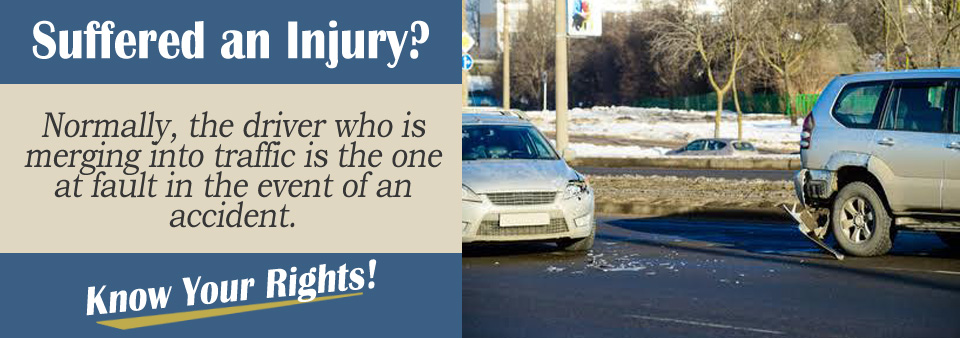Unexpected lane change car accidents can cause serious injuries and extensive damage to your car. They are usually caused by another driver who strays into your lane from an adjacent lane. This could be because they were drunk, too tired to concentrate, or have suffered a vehicle malfunction. The very worst accidents are head-on car accidents, caused by an oncoming vehicle entering the lane you are driving in, with no room to avoid the crash. Very serious car accident injuries mean big car accident medical bills and you may be wondering just who is responsible for paying them. Whether the accident was your fault or someone else’s, you may need to dip into your own medical insurance to cover initial bills.
Who Pays for Medical Treatment?
Who pays for medical treatment and other costs related to the lane change accident ultimately depends on which state you had the accident in, whether you took out optional medical insurance like MedPay and whether you can prove that your injuries were a result of another driver’s negligence.
If you are in one of a number of U.S. states, you may only be able to pay medical costs out of your own compulsory personal injury protection insurance (PIP). However, this is limited by the amount of cover you agreed to. A serious spinal or brain injury could lead you or a passenger in your car to become paralyzed and lose the ability to work, as well as be dependent on ongoing medical treatment and support. In this situation, a personal injury claim, if you can prove fault, may be necessary to cover all likely costs.
States That Have No Fault Insurance
The 12 U.S. states that require you to have compulsory PIP insurance are often called no-fault states. These include Pennsylvania, Hawai’i and Kentucky. PIP insurance is meant to cut out frivolous personal injury lawsuits and does have the benefit of paying compensation whether you were at fault or not. Although you cannot normally make a claim against another driver who crashed into you after making an unexpected lane change, this rule is waived if the injuries are so serious that your PIP, and / or additional medical cover, is insufficient to cover all costs including lost wages. Also note that PIP does not cover damage to your car or other property, so compensation for this is normally sought from the at-fault driver’s own insurer (assuming that you can prove fault).

States That Do Not Have No Fault Insurance
Unlike the minority of no-fault states, the majority of U.S. states have typical tort rules that allow you to seek compensation, through a court if necessary, for damages caused by another party’s negligence. This can take time and is never guaranteed, although generally a personal injury claim can result in a much more favorable settlement than compensation through personal medical insurance.
Although extra PIP or MedPay insurance is not necessary in a fault state, it can be useful initially. MedPay is cheaper than PIP and like PIP can be tailored to suit personal preferences in terms of amount of cover. However, it does not cover lost wages or other income, pain and suffering or damage to your car.
Get a Free Case Evaluation Today